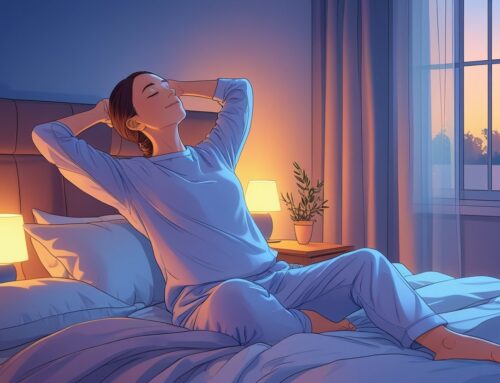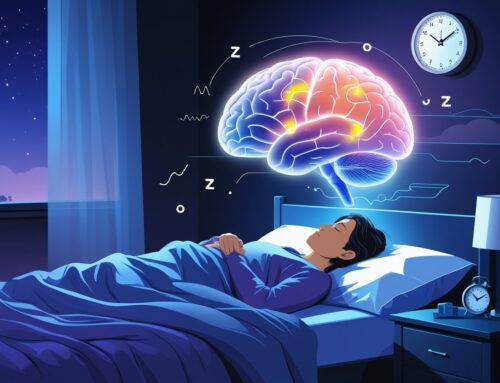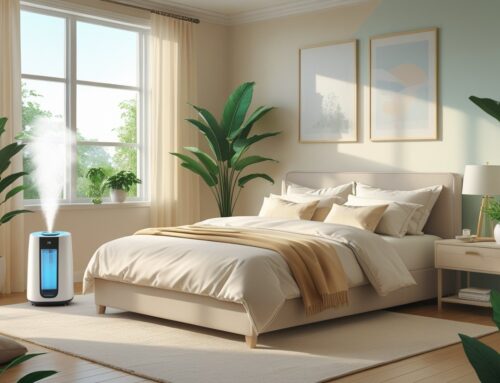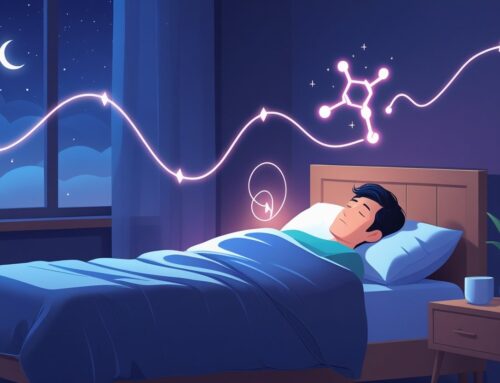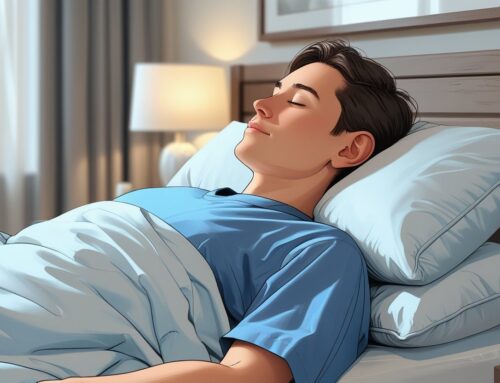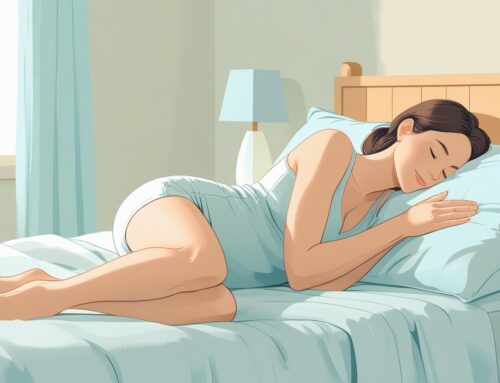Social media has become a big part of many people’s daily lives, especially before bedtime. However, using it close to sleep often disrupts rest and lowers sleep quality. The blue light from screens, along with the mental stimulation from social platforms, makes it harder for the brain to settle, which causes trouble falling or staying asleep.
Many users, especially younger ones, stay up later than intended because they lose track of time while scrolling. This habit leads to sleep loss and affects mood, concentration, and overall health. Recognizing how social media use interferes with sleep helps people make better decisions for their rest and well-being.
Key Takeaways
- Social media use before bed often reduces sleep quality.
- Screen exposure at night delays sleep and contributes to sleep issues.
- Poor sleep linked to social media use affects daily performance and long-term health.
- The right mattress supports your body while limiting social media use supports your mind, both are essential for restful and uninterrupted sleep.
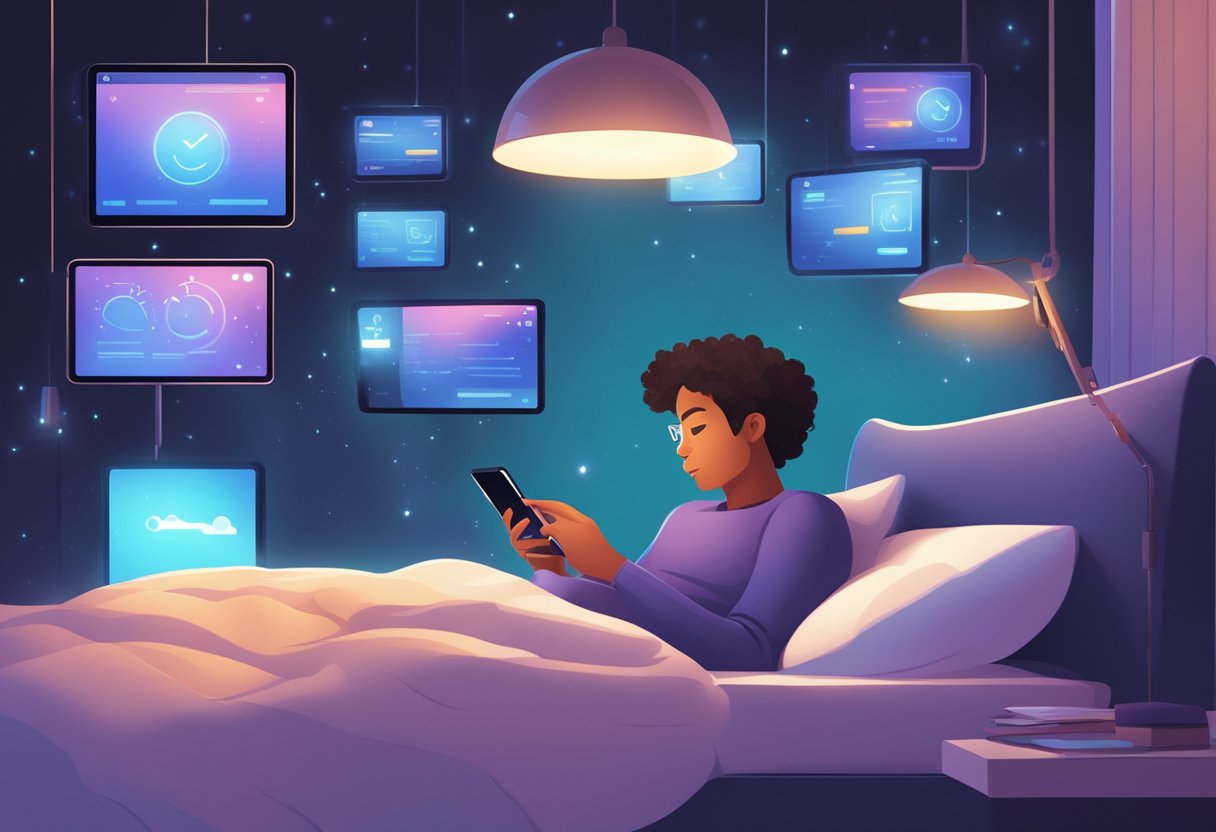
Understanding the Relationship Between Social Media and Sleep
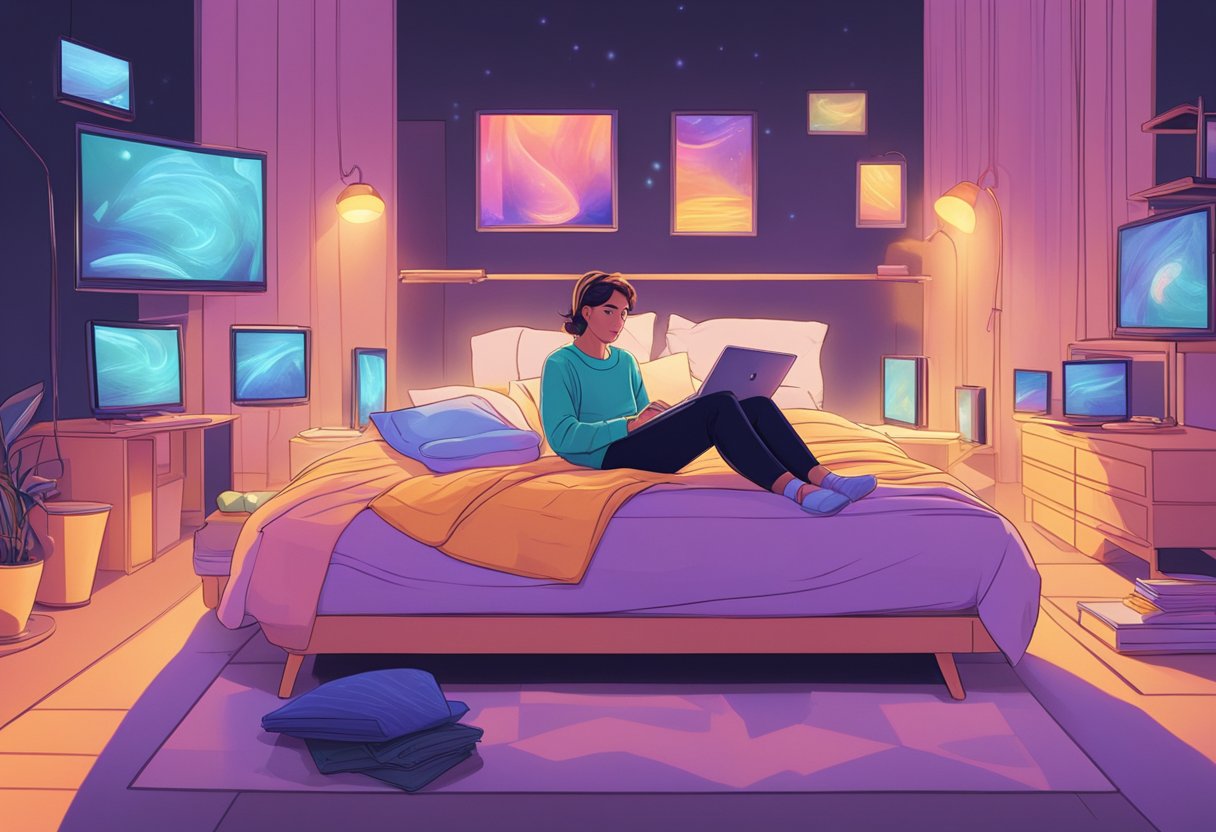
Social media use near bedtime can alter how a person sleeps. It often results in shorter sleep duration, reduced sleep quality, and more difficulty falling asleep. These effects come from a combination of screen light exposure, mental stimulation, and habits formed through social media use.
How Does Social Media Affect Sleep
Social media influences sleep mainly because it encourages later bedtimes. Scrolling through feeds or responding to messages increases alertness and keeps the brain engaged, making it even harder to relax and go to sleep.
Screen light, particularly blue light, is another issue. Screen light is associated with suppressing melatonin, a hormone that signals to the body that it is time to sleep. With less melatonin, people stay awake longer and have poorer quality sleep.
Also, the mental stimulation of engaging with content (posts or videos) by provoking stress or excitement influences how we relax to fall into a sleep cycle. Studies have shown the connection between using social media within one hour of sleep and increased sleep disturbances.
Sleep Deprivation Due to Social Media
Sleep deprivation caused by social media occurs when consumers sacrifice sleep by engaging on social media late into the night. Prolonged duration of sleep deprivation becomes chronic and results in daily tiredness and inability to concentrate.
Studies show adolescents and young adults are at the highest risk of social media sleep deprivation. Young adults spend considerable time on social media and hold irregular sleep patterns. Ultimately, studies consistently demonstrate a relationship between high social media use, decreased sleep duration, and increased daytime dysfunctional behavior.
One of the primary reasons for this sleep deprivation is the continuous action of checking social accounts during the late hours of the evening. This pattern of behavior disrupts the circadian rhythm categorized with sleep and decreases the hours of total sleep spent resting. Developing less compulsive behaviors could essentially improve sleep and allow for the sustainability of sleep in the future.
How Social Media Disrupts Sleep
Social media interferes with sleep due to both sleep timing (not when you go to bed) and sleep quality (the amount of sleep you may get). Using social media before bed delays the start of sleep, so you may have a slower sleep onset. Additionally, notifications and alerts keep the brain in a constant state of alertness. Even after powering down those devices, this mental stimulation may lead to restless or fragmented sleep.
Social media can also create emotional effects such as anxiety from social comparison, or distress from something negative you witnessed others post. These feelings can contribute to troubled nights and waking often.
Mechanisms Behind Social Media’s Impact on Sleep
Social media influences sleep through several biological and psychological factors. These include screen exposure, mental activity before bed, and emotional responses linked to online interactions. Each factor affects sleep patterns and overall sleep quality in its own way.
Screen Time and Blue Light Exposure
Social media use often requires extended screen time for the user usually in the evening hours. Screens emit blue light that interrupts the natural melatonin production of the brain, which is the hormone that regulates the brain’s sleep-wake cycle. With less sleep inducing melatonin, falling asleep becomes more difficult.
This sleep disruption delays the initiation of sleep and shortens total sleep. Many studies have shown that exposure to blue light before bedtime results in decreased sleep quality and increased daytime sleepiness. When it is possible to decrease screen time prior to bedtime, or activating blue light filters can improve sleep quality and timing.
Psychological Stimulation and Sleep Onset
Social media content often stimulates the brain when it should begin to relax. Liking posts, replying to messages, or joining debates increases mental alertness, making it harder to unwind. This heightened alertness delays sleep onset and reduces total sleep time, which leads to fatigue the next day. The urge to stay updated keeps the brain active, even when the body feels tired.
Anxiety and FOMO (Fear of Missing Out)
Social media often stirs anxiety, especially when people fear missing out on updates or conversations. These feelings elevate stress levels, which interfere with both falling and staying asleep.
FOMO also encourages late-night social media checks, which disrupt sleep cycles and lower sleep quality. These interruptions keep the brain engaged and prevent full rest. Addressing this anxiety plays a key role in building healthier sleep routines.
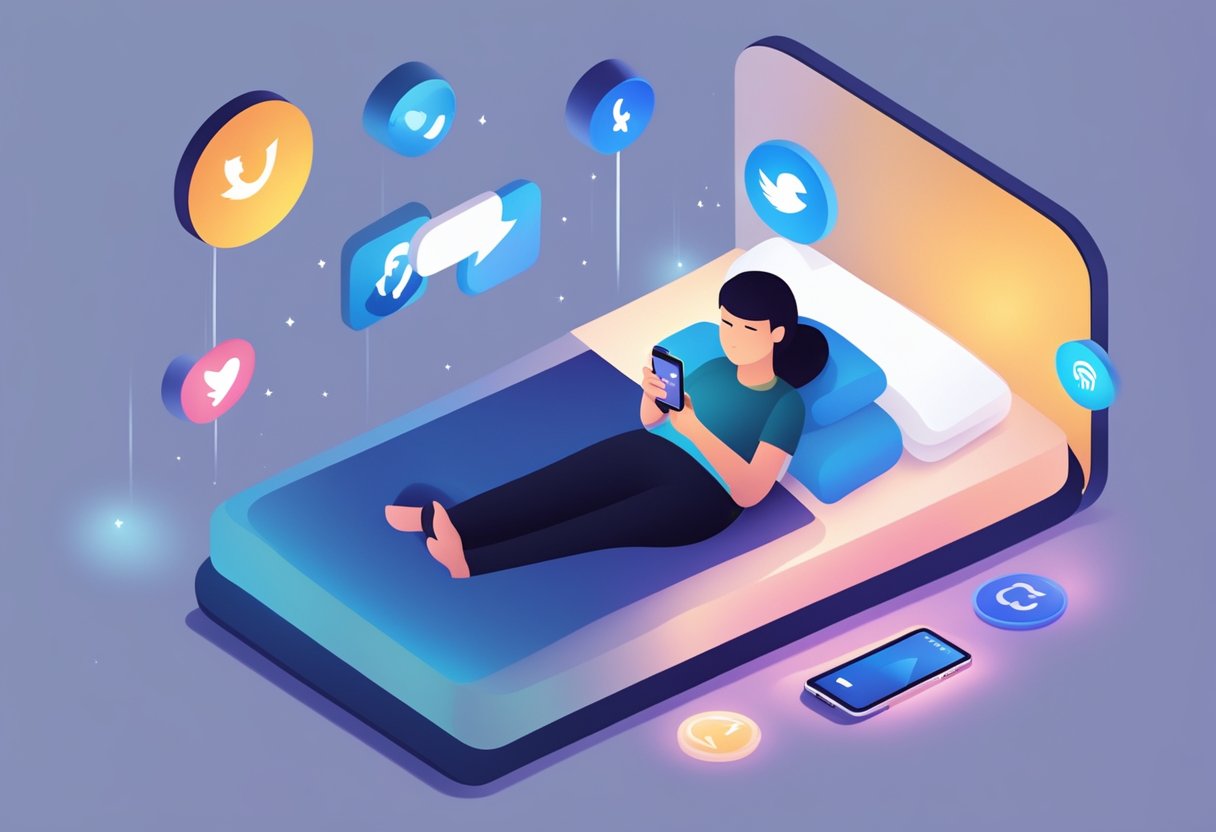
Sleep Deprivation and Its Consequences
Sleep deprivation caused by social media use affects both the mind and body. It alters how people think, feel, and behave, and it may lead to serious health issues when it continues over time.
Cognitive and Emotional Effects
When people stay up late using social media, their brain fails to get adequate rest. As a result, they struggle with focus, experience memory lapses, and react more slowly. Tasks that demand attention become more difficult to complete.
On an emotional level, lack of sleep increases stress, anxiety, and sadness. For many, scrolling through social media before bed intensifies these feelings and creates a cycle of poor sleep and worsening mood. This cycle disrupts the ability to unwind or fall asleep naturally.
Those affected by both sleep deprivation and frequent social media use often feel exhausted during the day, which impairs decision-making and emotional regulation.
Long-Term Health Risks
A chronic lack of sleep tied to social media use damages physical health. It raises the risk of heart disease, obesity, and diabetes by disrupting metabolism and elevating blood pressure. Insufficient sleep also compromises the immune system, making the body more vulnerable to illness and slowing recovery times.
Mental health conditions such as depression appear more frequently in individuals who routinely lose sleep due to social media. This strong connection reveals how ongoing sleep issues affect the body and mind far beyond mere fatigue.
Understanding these risks allows people to make informed choices about limiting social media use before bed and prioritizing better sleep.
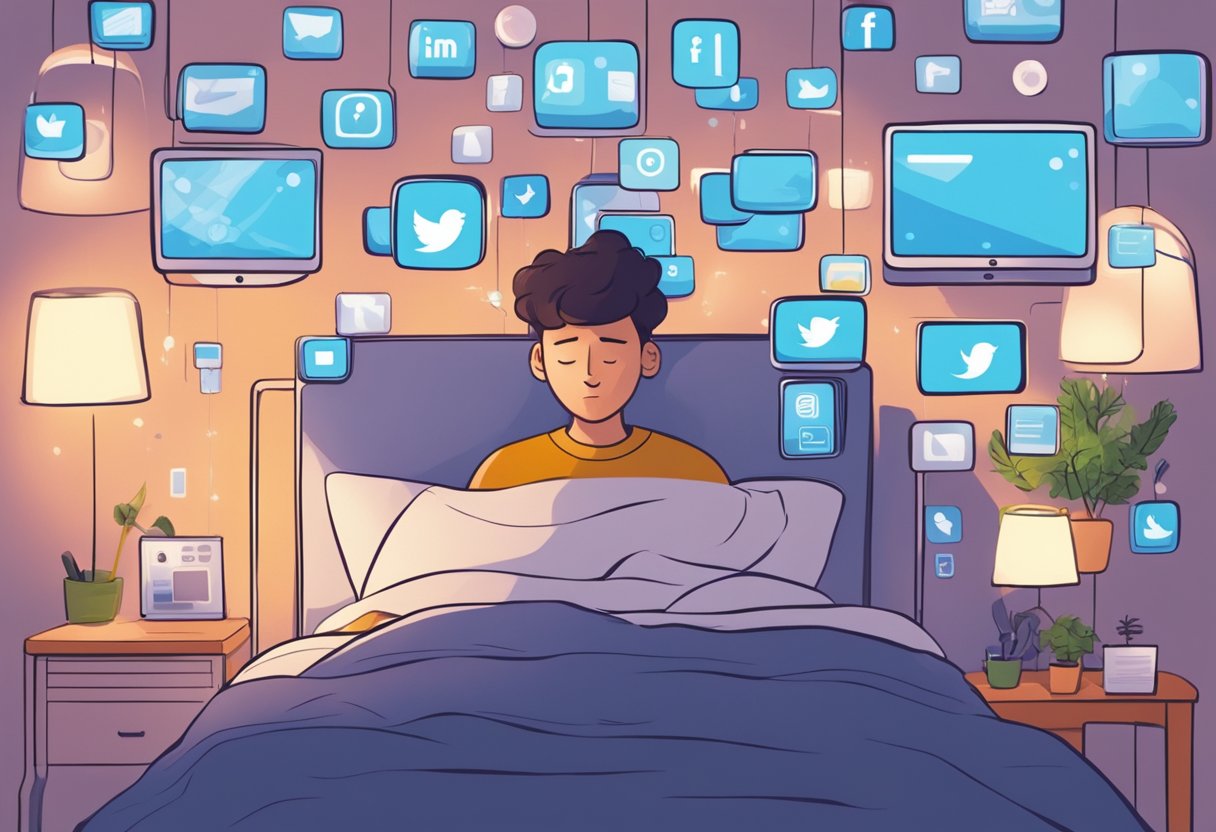
Age-Specific Effects of Social Media on Sleep
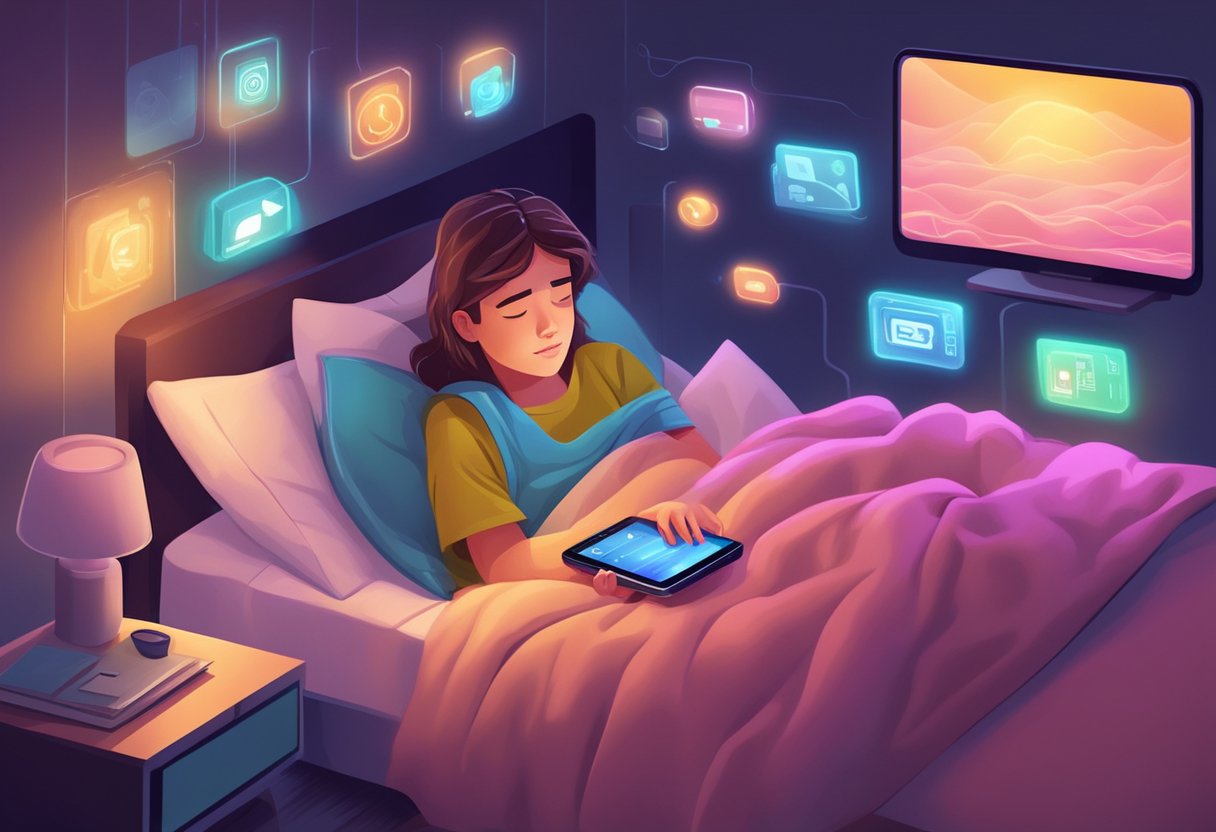
Social media affects sleep differently depending on age. Younger users often face more serious issues such as delayed bedtimes and poor sleep quality, while adults experience less extreme, yet still notable changes in their sleep patterns.
Impact on Adolescents and Teenagers
Adolescents who use social media frequently tend to sleep less and report lower sleep quality. Many stay up late to check updates, which delays their bedtime and reduces total sleep time. This age group shows a strong link between social media use and daytime tiredness or mood-related issues.
For instance, high usage often corresponds with poorer sleep and increased daytime dysfunction. Screen light also disrupts the body’s natural sleep cycles, making it more difficult to fall asleep.
Research shows that 93% of Gen Z admit to losing sleep because they stay up late engaging in social media activities. This habit increases the risk of depression and reduces focus during the day.
Effects on Adults
Adults interact with social media differently, yet still encounter sleep disruptions. Using social media in the evening often lowers sleep quality and makes it harder to fall asleep. While adults may not lose as much total sleep time as teens, their sleep tends to be more fragmented. Social media exposure can trigger stress or overthinking, which keeps the mind active at night.
Many adults who scroll close to bedtime report waking up during the night, interrupting the deep sleep stages essential for overall health.
Recent Research and Statistics on Social Media and Sleep
Social media use affects sleep patterns, particularly when used near bedtime. Research shows that both the amount of time spent on social media and its timing can disrupt sleep quality and duration.
Current Findings and Trends
Studies show that using social media before sleep reduces sleep quality and increases the likelihood of sleep problems. Adolescents and young adults are especially affected, often reporting shorter sleep times and daytime fatigue.
Research indicates a two-way relationship: poor sleep can lead to more social media use, and social media use can worsen sleep. Parental rules that limit screen time at night may improve sleep in teenagers. Exposure to bright screens and strong emotional content on social media also hinders the ability to fall asleep easily.
Important Statistical Insights
Research identifies specific links between social media and sleep issues. For instance, one study found that every additional 15 minutes of watching YouTube increased the chance of sleep deprivation by 24%.
Other data connects social media use within one hour of bedtime to frequent sleep interruptions. High social media use is associated with shorter sleep duration, more daytime dysfunction, and greater feelings of depression. These statistics underscore the risks for teens who spend too much time on platforms late at night.
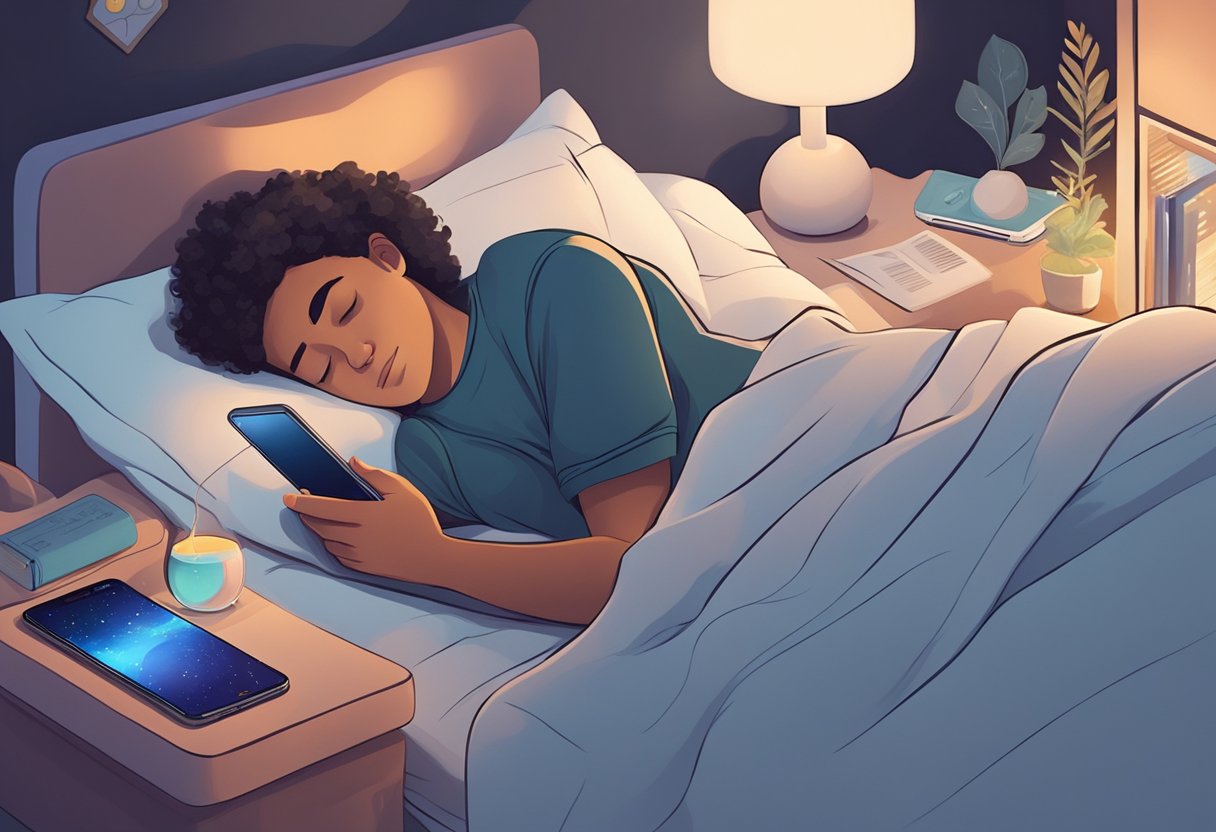
Strategies to Reduce Social Media’s Negative Impact on Sleep
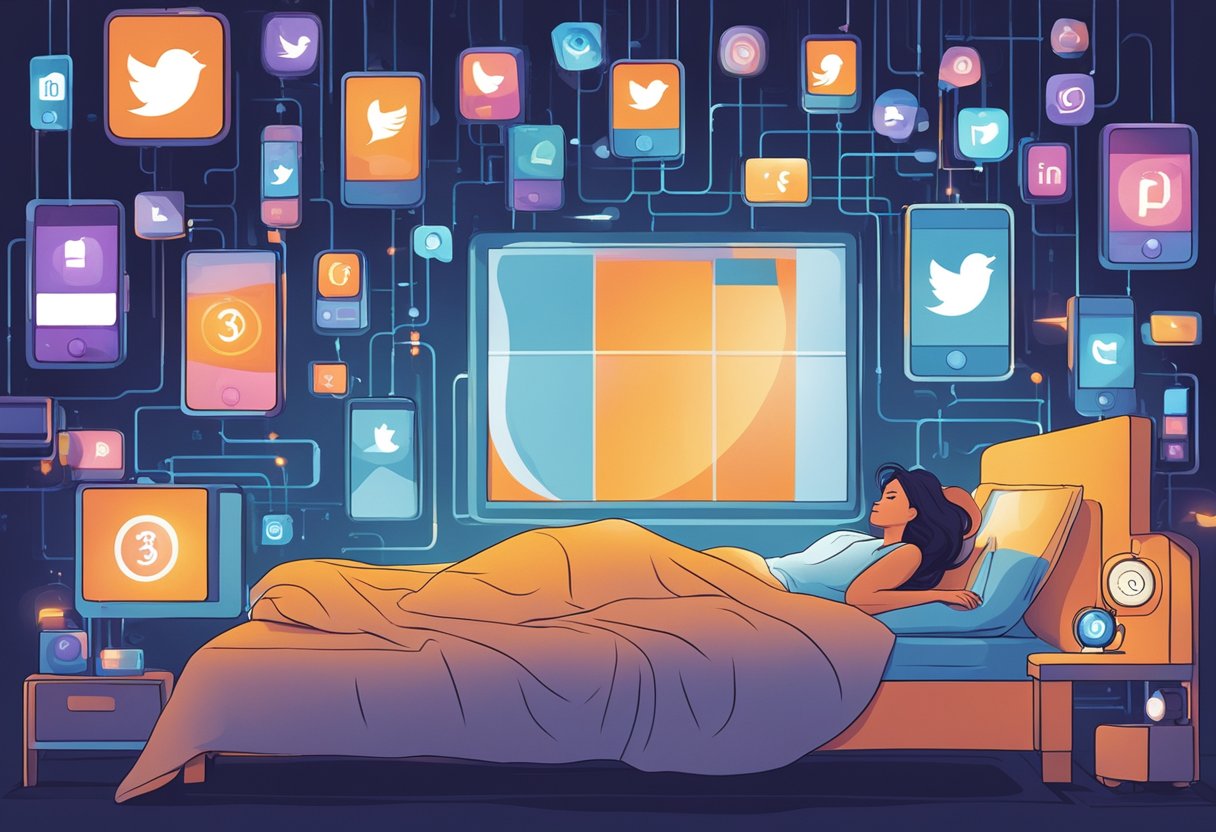
Managing social media use before bed can improve sleep quality. This includes setting clear limits, practicing good sleep habits, and finding alternative ways to relax at night.
Setting Healthy Boundaries
Limiting social media use at least one hour before bedtime helps reduce sleep problems. Turning off notifications prevents sudden alerts that might interrupt relaxation. Setting specific time limits, such as using applications that track or restrict social media time, helps manage usage.
Creating a no-phone zone in the bedroom encourages less screen time before sleep. Some people find it helpful to charge their devices outside the room to prevent late-night scrolling, which can disrupt the body’s natural wind-down process.
Developing Better Sleep Hygiene
Good sleep hygiene involves creating habits that signal the body it’s time to rest. Avoiding screens, including social media, is important because the blue light from devices suppresses melatonin, the hormone that regulates sleep.
Establishing a relaxing routine, such as reading a book or meditating, can replace social media use. Maintaining a consistent sleep schedule, even on weekends, supports the body’s internal clock. A calm, dark, and cool room further enhances sleep quality by providing the ideal environment.
Alternatives to Nighttime Social Media Use
Replacing social media with calming activities reduces its impact on bedtime. Listening to soothing music, practicing deep breathing, or journaling are great alternatives.
Engaging in hobbies that don’t involve screens helps shift focus away from social media. Doing light stretches or mindfulness exercises prepares the mind and body for sleep. These alternatives foster positive habits that improve both the ease of falling asleep and overall sleep quality.
Using these strategies promotes better rest by reducing social media’s disruptive effects.
How Mattress and Social Media Use Affect Sleep
A mattress plays an important role in sleep quality. When a mattress is too hard, too soft, or worn out, it can cause discomfort, which can lead to tossing and turning, and makes it harder to fall and stay asleep.
Choosing the right mattress supports the body and reduces pressure points. A good mattress helps maintain proper alignment of the spine, neck, and hips, which reduces the risk of developing pain or stiffness. The right firmness level can also improve blood circulation by relieving pressure on key areas such as the shoulders, hips, and lower back.
A high-quality mattress can enhance sleep duration, improve sleep quality, and help you wake up feeling more rested and refreshed. The Saatva Classic Mattress is an excellent choice for anyone looking for a combination of luxury, support, and eco-friendly materials. Its design and features meet the key qualities of an ideal mattress:
- Mattress Support and Comfort: The 3-inch Euro pillow top, eco-friendly foams, and recycled steel coils provide excellent support, aligning your spine and reducing pressure points for a more comfortable sleep, much like reducing mental stimulation from social media.
- Firmness Options: With choices like Plush Soft, Luxury Firm, and Firm, the Saatva Classic Mattress ensures your body stays supported and relaxed, similar to how limiting screen time helps your mind unwind.
- Cooling Technology: The breathable organic cotton cover and thistle pulp flame retardant help keep you cool, preventing restlessness, just like avoiding screens can help you avoid overheating from blue light exposure.
Using social media before bed can negatively impact sleep. Engaging with phones or tablets in the last 30 minutes before sleep can delay falling asleep and reduce overall sleep quality. The light from screens interferes with the body’s natural sleep signals.
Some effects of social media near bedtime include:
- Difficulty falling asleep
- Shorter total sleep time
- Reduced deep sleep phases
Using social media in bed also keeps the brain alert, making it harder to relax. This stimulation leads to poorer rest and more tiredness during the day.
Both mattress choice and social media habits impact sleep, but in different ways. A supportive mattress improves physical comfort, while limiting social media use reduces mental stimulation and helps the body prepare for sleep.

Frequently Asked Questions
Social media use close to bedtime often reduces sleep quality and increases the likelihood of waking up too early. Many young people stay up late because of social media, and this disrupts their natural sleep patterns. These habits raise the risk of sleep problems and make it harder to get enough rest.

